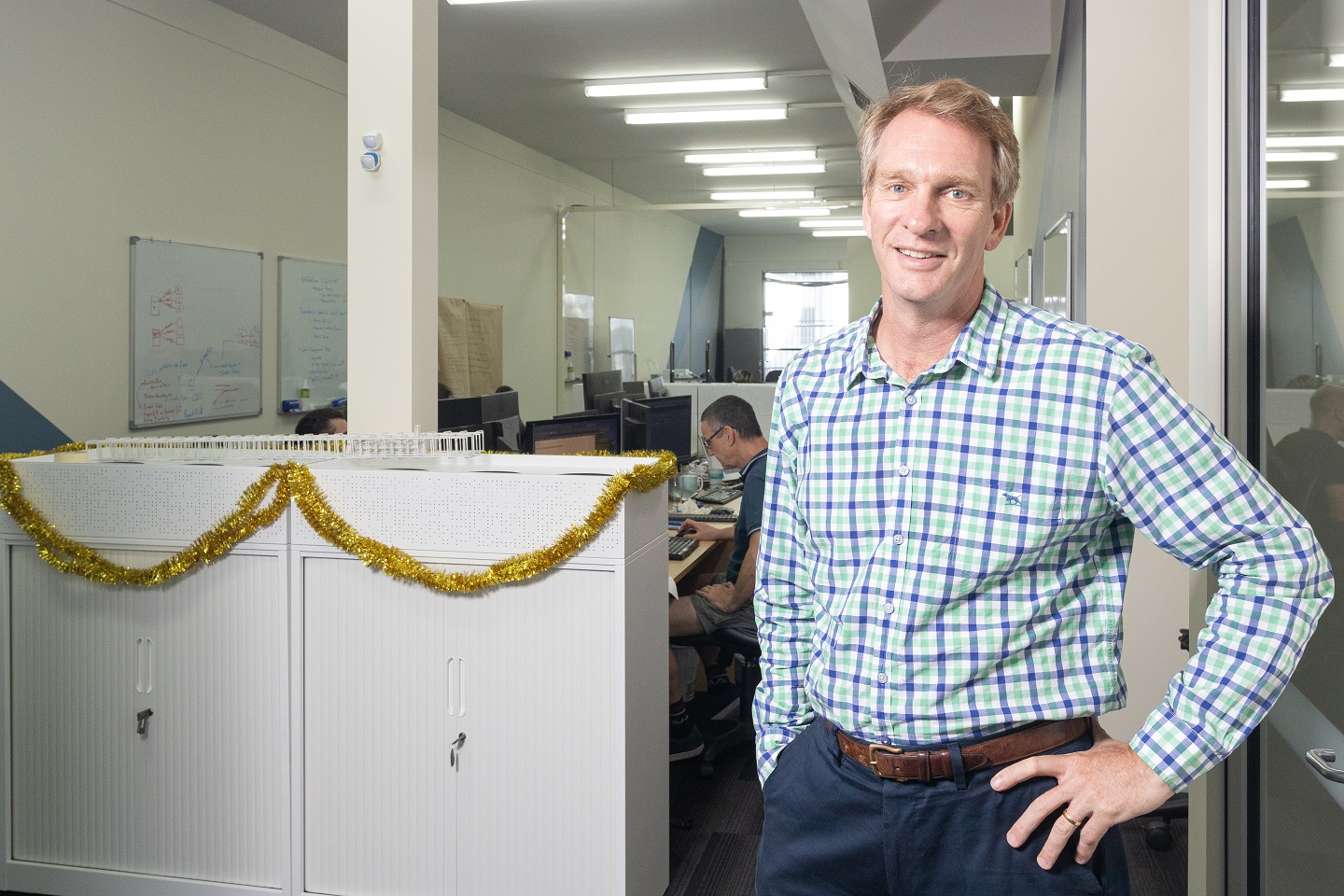Buoyed by a second successful capital raising at the end of 2019, a Leederville-based firm is taking a high-tech, personalised approach to aged care.


Buoyed by a second successful capital raising at the end of 2019, a Leederville-based firm is taking a high-tech, personalised approach to aged care.
With evidence at the aged care royal commission detailing a sector under increasing pressure, tech players are carving out a niche role by providing affordable alternatives for elderly care.
Founded in 2014, InteliCare has developed a package of affordable sensors to monitor the elderly in their own homes.
Chief executive Jason Waller told Business News electronic alternatives allowed people to look after their ageing parents in a way that was easier for all involved.
“It’s a bit like how we went from pension to compulsory superannuation; the government has realised you have to fund your own ageing,” Mr Waller said.
“We’re not going to have enough money to do that with aged care facilities.
“They need a solution in place allowing people to stay in their home, so once you’ve done that, who’s looking after that person?
“This is where we think technology helps.”
He said the InteliCare package used widely available electrical outlet monitors and vibration sensors to detect the movement of elderly people around the house.
The company has delivered its product to 25 customers, with Mr Waller citing a successful example of a man in Perth who used InteliCare’s package to monitor his York-based father.
“He was ringing him up every day, and his dad was becoming enraged because he was waking him up or ringing at the wrong time … it felt like a death check,” Mr Waller said.
“We had InteliCare put in, and his son could see what his dad was doing through the power notifications and call him.
“Then, when they spoke, it became a normal conversation about what his dad was doing that day.
“His dad felt more independent and started using his gopher to go into town, and so we are seeing this person improve over time.”
Technological alternatives in aged care are currently limited, with monitoring pendants one of the only devices that is widely used.
Mr Waller said there was growing input by tech companies in the aged care sector for the provision of discrete sensor alternatives, including Billy, a South Australia-based startup, and ASX-listed HomeStay, which has provided similar services through its partnership with Israel-based Essence.
InteliCare, which is a registered NDIS provider, has turned its early success to engage with private investors, having now undertaken two successful capital raisings, the last of which was managed by JP Equity Partners and brought in $950,000.
Mr Waller, who led ASX-listed Spookfish before his role with InteliCare, said despite the lack of precedent for the product, its value in allowing the elderly to stay in their home for longer has made pitching to private investors easy.
“With this product, you don’t have to pitch it because everyone gets it; everyone’s got a mum, dad, aunt or uncle, and they’re ageing,” he said.
Mr Waller said there had been interest from US-based investors and that the board was considering the option of an ASX listing.
In the short term, he said, the combination of government contracts and funding from private investors had proved InteliCare’s potential for growth.
“The growth is there, it’s just that there’s no existing market,” Mr Waller said.
“We’re creating a market as we go, and we’re looking at what our options are so we can accelerate that first-mover advantage.”











